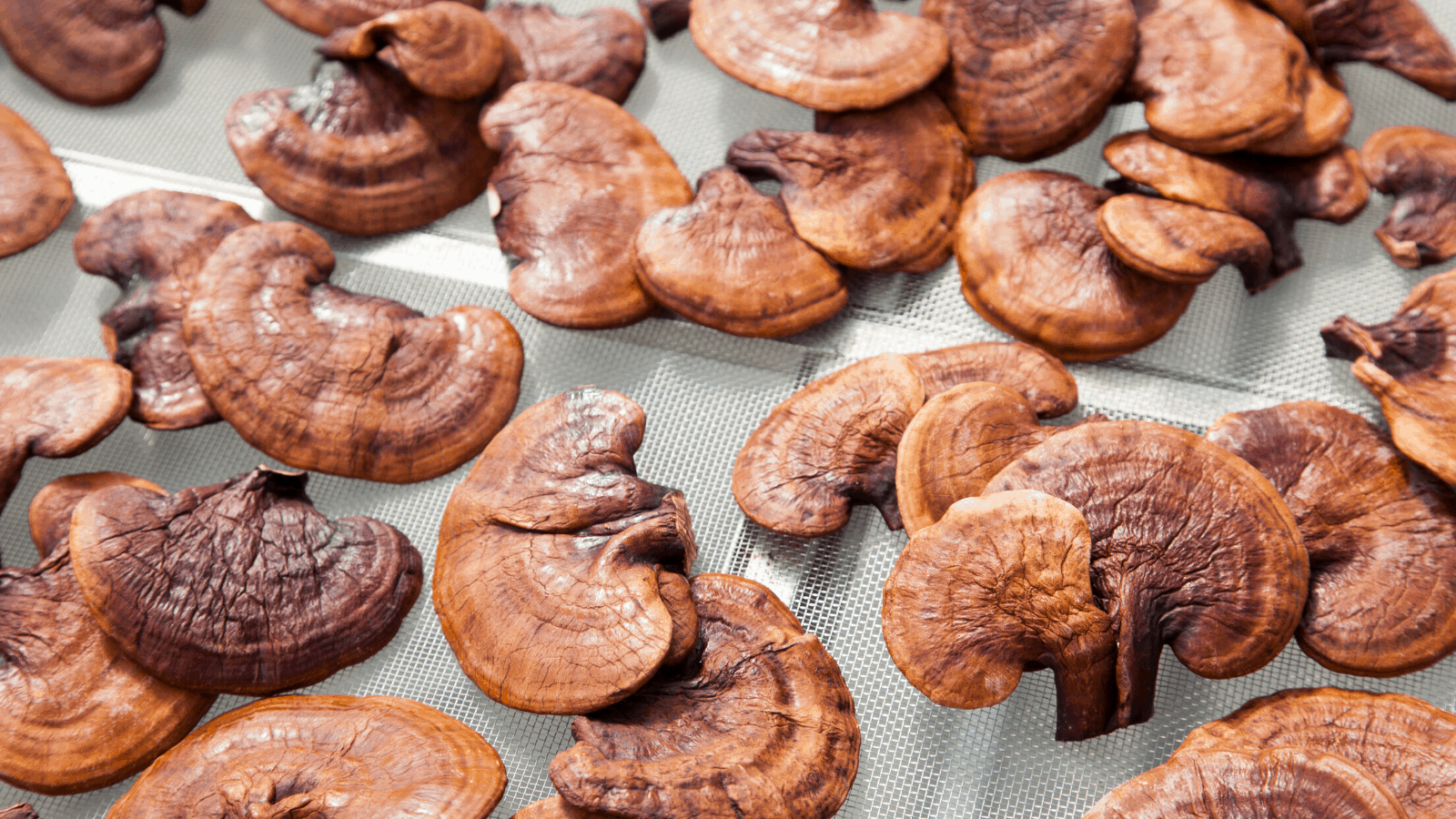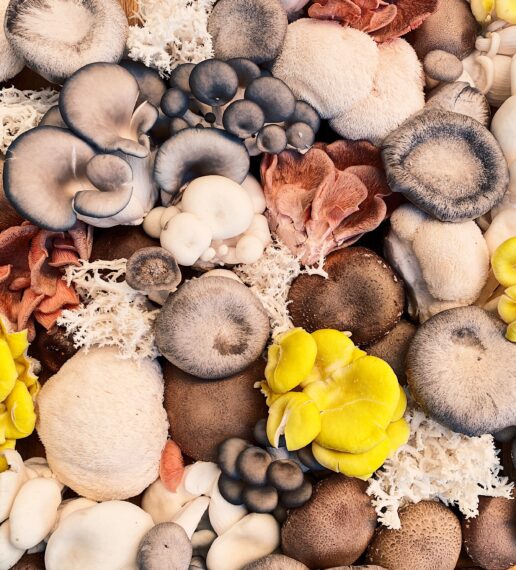4 Things You Need To Know If You Use Medicinal Mushrooms
If you’re at all interested in using mushrooms to benefit your health, you should always consider this:
Not all mushroom products are created equal.
In fact, there can be an enormous difference between products that appear (on the surface) to be equivalent.
You need to consider how they are grown, how they are extracted (if at all), and whether or not they are actually made from mushrooms.
There is so “mush” to consider!
So, what are the top things you should look out for?
1. Mycelium on Grain Vs. Fruiting Body
Some mushroom supplements are made from “mycelium on grain” instead of “fruiting body”.
Mycelium itself can actually have some incredible benefits. But most of these “mycelium” supplements actually contain very little mycelium.
Crazy right?
This is because they are made by growing the mycelium on grain (brown rice or oats) and there is no way to separate the mycelium from the grain itself.
The result is an end product that is mostly grain starch.
2. Crazy High Extraction Ratios
Sometimes you’ll see supplements that are labeled as having extraction ratios of 100:1 or even 1000:1, which sounds like it is way more concentrated and obviously more powerful.
But this is deceiving.
All the extraction ratio means is the volume of mushrooms that were used to make the extract.
For example, a 4:1 extract would mean it took 4 lbs of mushrooms to make 1 lb of extract.
But that number depends more on density and other physical characteristics of the mushroom than the thoroughness of the extraction.
So, a 100:1 extract would really just mean there was a lot of mushrooms wasted.
More realistically, it means nothing other than it looks great on the package.
3. Full Spectrum
This is another term that sounds great, but doesn’t mean much.
If you leave myceliated grain long enough, it will start to form tiny primordial “fruit bodies” on the grain.
If you took this and ground it into the powder, it would technically contain mycelium AND fruiting body – otherwise known as “full spectrum”.
The reality is, the final product will still be mostly grain starch.
4. Some Might Not Even Contain Mushrooms
There was a study done in 2017 where 19 Reishi mushroom products were tested to see if they actually contained the compounds you’d expect to find in a Reishi supplement.
The study found that 74% of the products tested were “not authentic” meaning they did not contain the compounds you would expect from true Reishi, or what it said on the label.
This means you should always make sure you get mushrooms from a trusted source.



Hi Tony!
A marvelous piece with so much of information about mushrooms. The discussion about magic mushrooms is quite limited on the internet but having this blog, I believe I can come back again. Thanks a lot!